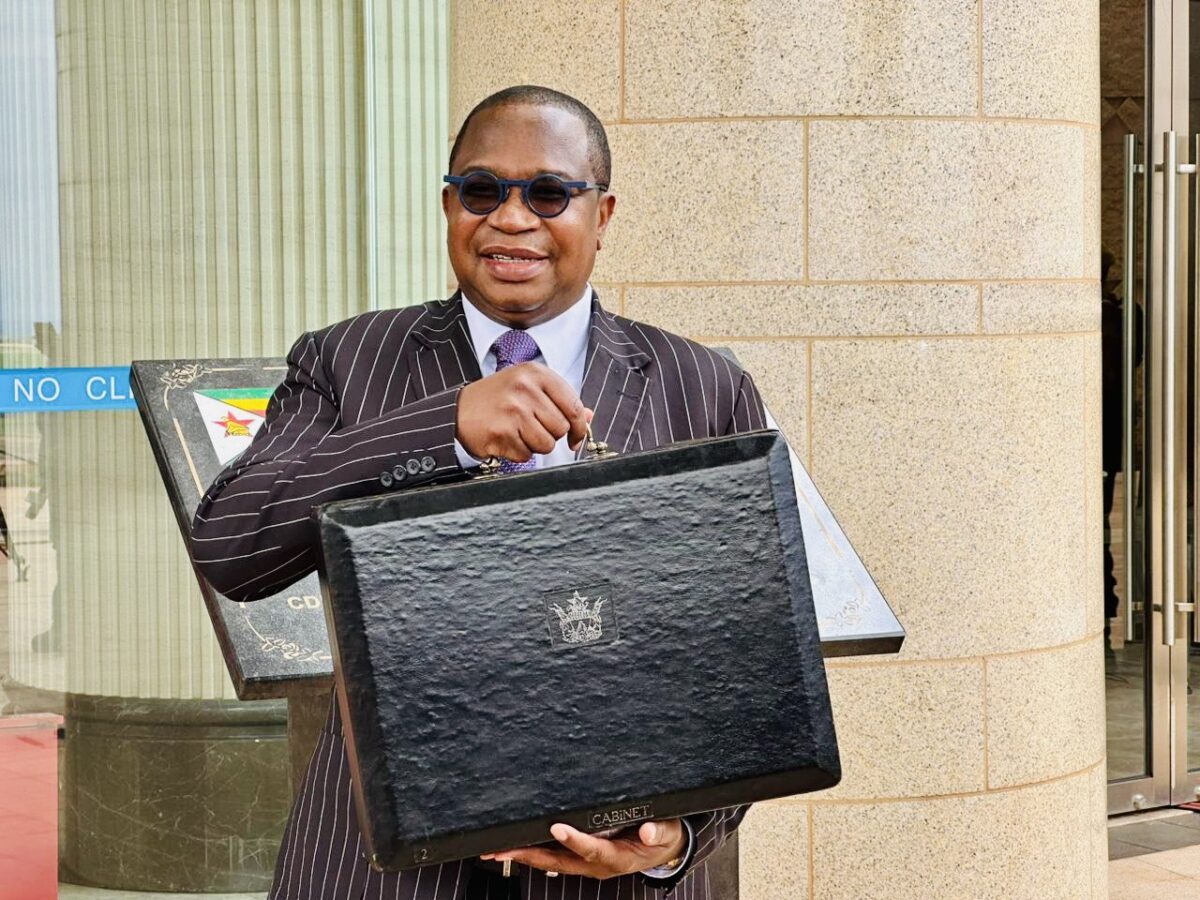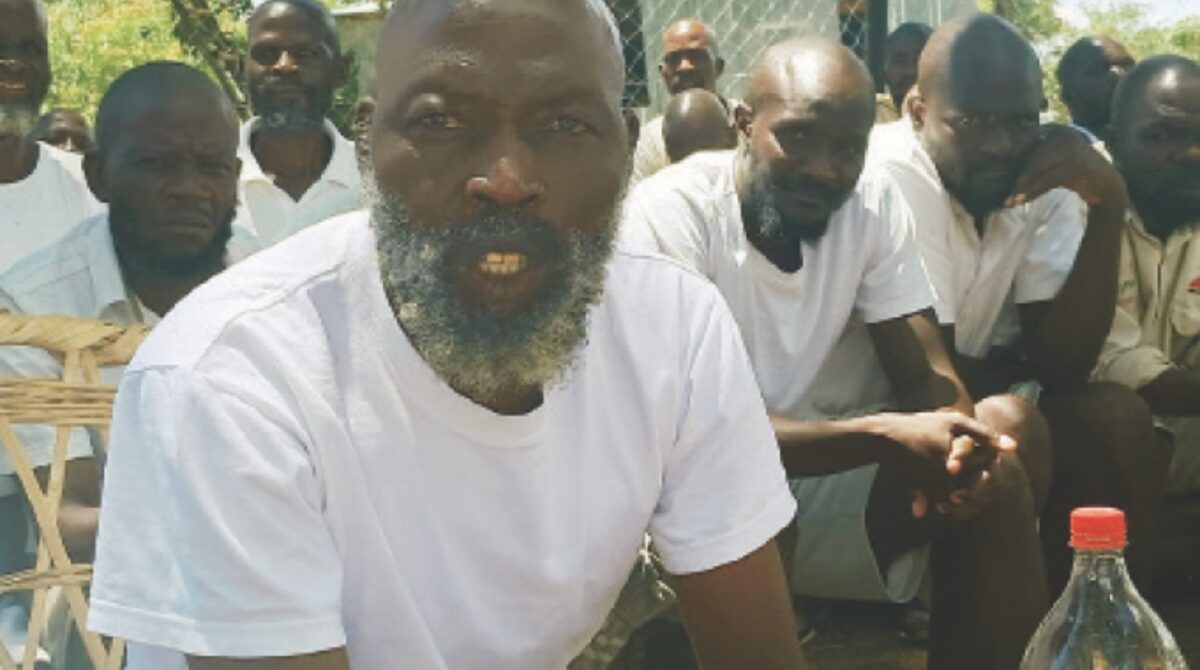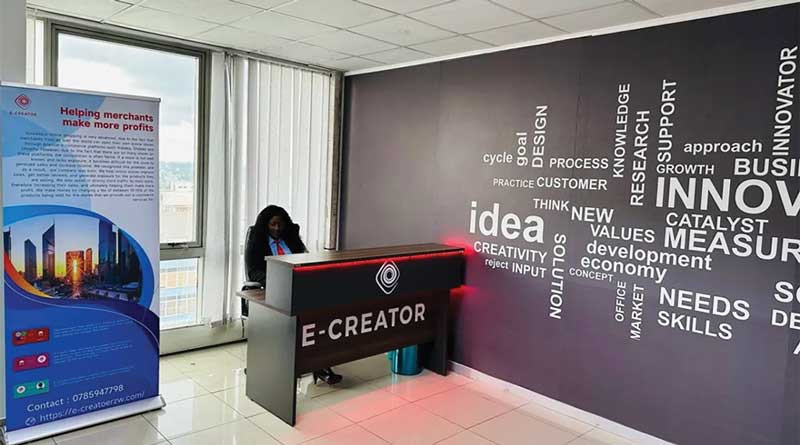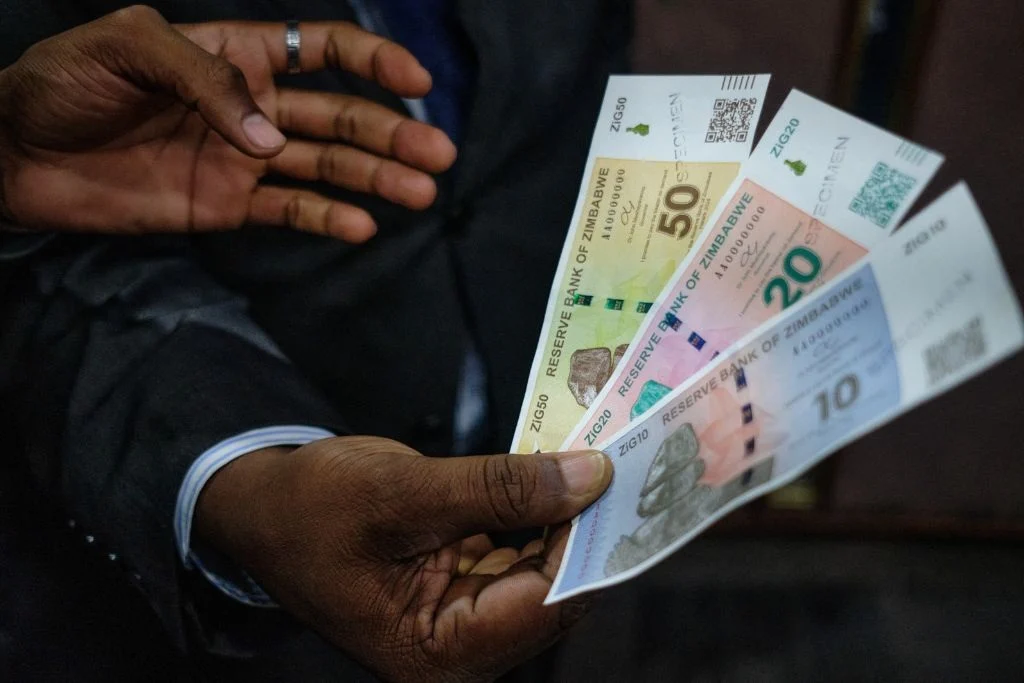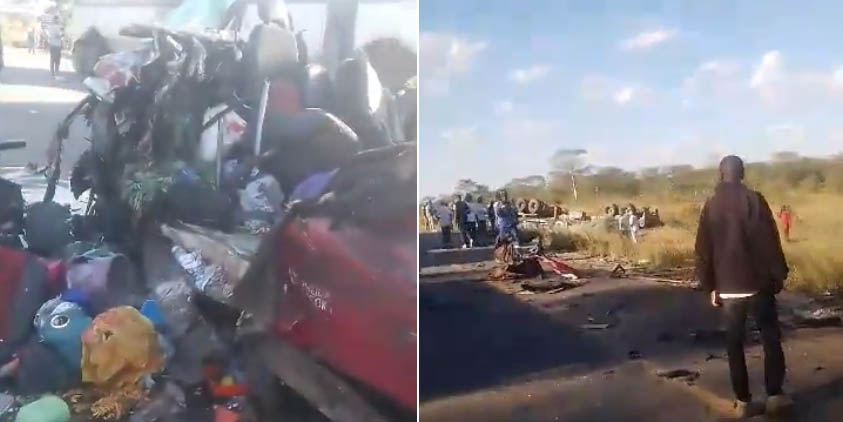HARARE – Unregistered small businesses reaping profits from the country’s money-spinning environment could soon find themselves elbowed out of the supply chain, finance minister Mthuli Ncube said recently, as he took measures to drag the country’s thriving but unregulated informal sector onto government’s punitive taxation radar.
Presenting his 2024 budget proposals this past week, Ncube said micro businesses such as chicken and egg producers that have sprouted across the country will be forced to register their trade or risk being subjected to a policy that would see manufacturers ordered to side-line them from procuring material to run their enterprises.
“In order to restore the supply chain from the manufacturer, wholesaler to retailer, I propose that only licensed and Tax Compliant Operators procure goods from manufacturers and wholesalers.
“In addition, I therefore, propose that only traders registered for VAT purposes and in possession of valid Tax Clearance Certificates be eligible to procure goods from manufacturers,” he said.
The Zimbabwe government, condemned for failure to invest effective strategies to lift a struggling economy, has earned criticism for attempts to continue milking the poor through tough taxation policies.
For example, Ncube proposed a hike in passport application fees from the current US$120 to US$200 for the same ordinary document next year.
The Treasury boss also proposed a hike in toll gate fees while also imposing a wealth tax set to be levied at a rate of 1 percent of market values of residential properties with a minimum value of US$100,000.
Zimbabwe has failed to attract any bona fide foreign investment to reinforce a sagging economy under the Zanu PF led administration for years now.
Government critics have dismissed current deals struck between Harare and Asian countries such as Belarus, China and Russia as schemes to mask massive pilferage by corrupt officials within power corridors.
The nation is yet to realise any meaningful benefit from deals whose terms have been kept far from any public scrutiny.
